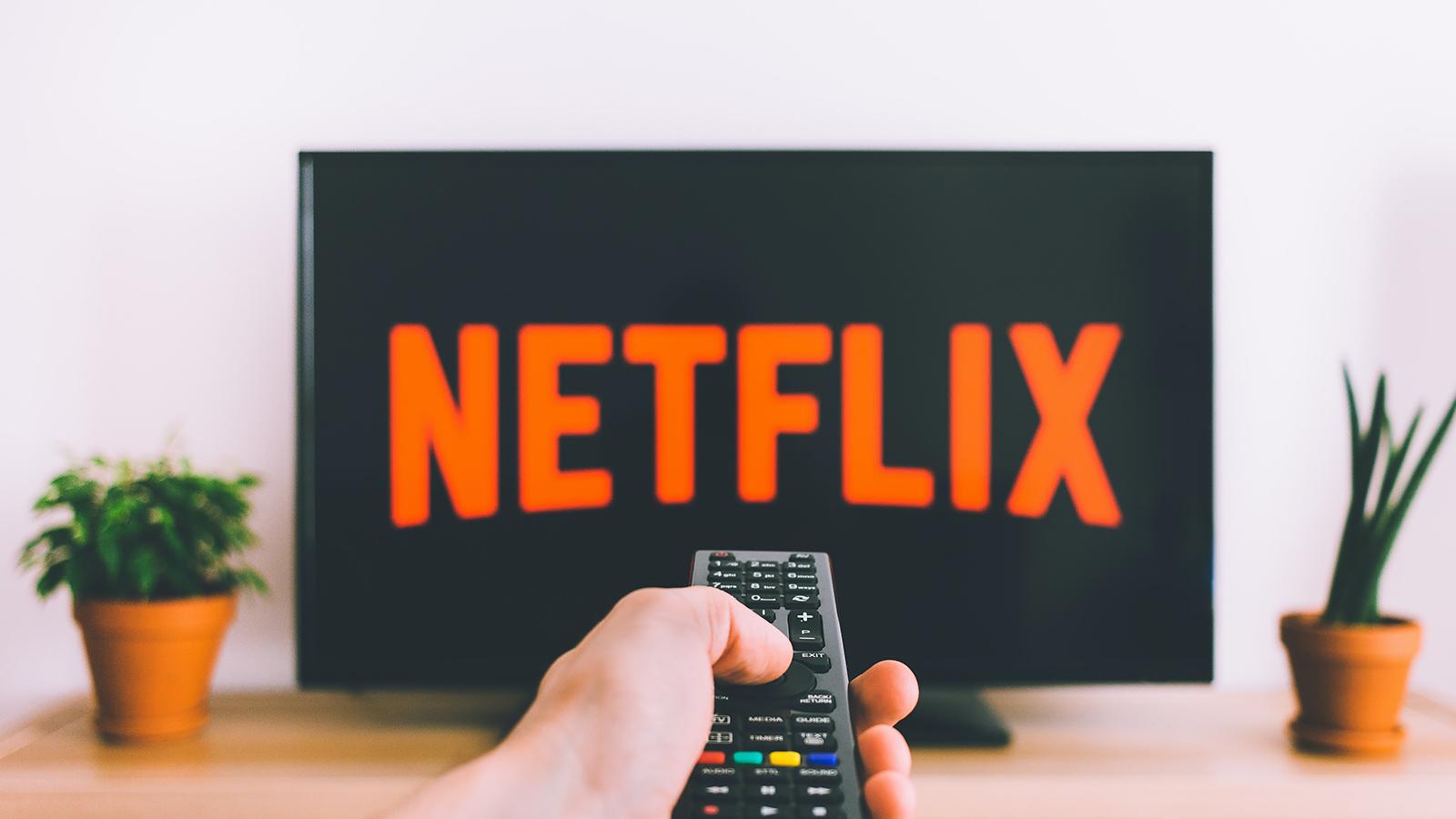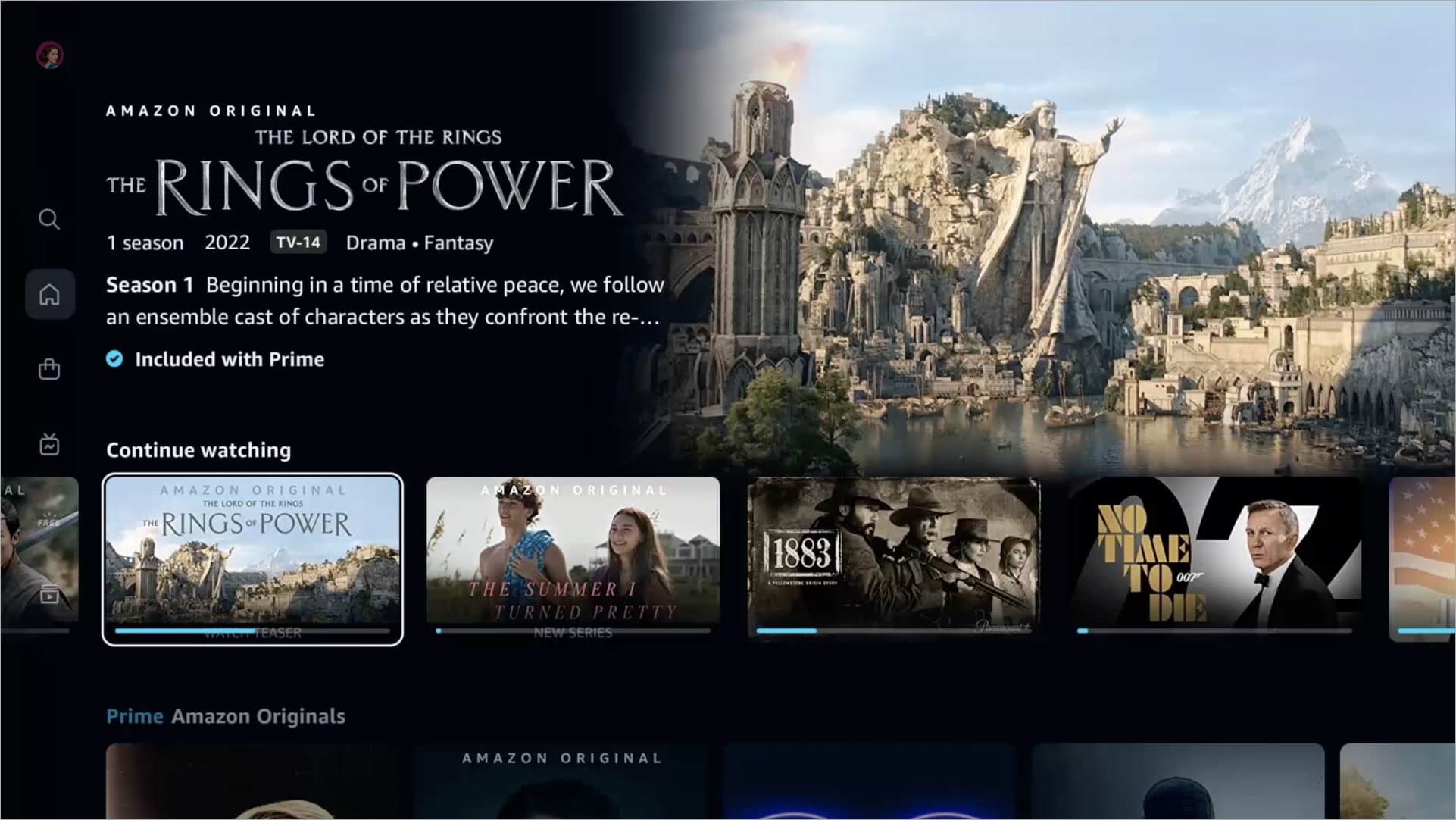
Netflix and its biggest streaming rivals could find themselves "restricted" in the UK – if they fall foul of new regulations due to come into force.
The draft Media Bill, a new UK government white paper, is set to introduce updated laws that will impact the world's best streaming services. Under the new legislation, the likes of Netflix, Disney Plus, and Prime Video could face huge fines or even have their service availability restricted if they're found guilty of breaking the government's updated broadcasting rules.
The new code of content, which will be policed by the UK government's broadcasting regulatory body called Ofcom, is designed to protect certain viewers from harmful material, such as misleading health information and age-restricted content. Video on Demand (VoD) services that are found to have breached the regulations could be issued with fines up to £250,000 per offence. In the most serious cases, Ofcom will have the power to restrict a platform's availability across the UK, meaning subscribers might not be able to access the best Netflix shows or best Prime Video movies for a specific amount of time.
It's currently unclear what this "service restriction" punishment means. It's possible that a streaming platform could be temporarily banned on British shores for a yet-to-be-determined length of time, or that users will be blocked from accessing certain aspects of a streaming service.
We've reached out to the UK's Department for Culture, Media, and Sport for official clarification on how streamers could be impacted by this availability restriction. If we receive a response, we'll update this article accordingly.

The thinking behind the draft Media Bill is a simple one. In short, government officials believe VoD services are hampering the efforts of traditional broadcasters – the BBC, ITV, Channel 4, and more – to grow and produce new, entertaining content for viewers to watch. The new bill, then, is aimed at levelling the playing field, and help public service broadcasters (PSBs) to retain and build upon their own audience bases.
According to Ofcom, linear TV viewing – whereby viewers watch shows broadcast at a specific time via terrestrial or satellite channels – has fallen significantly since 2011. Per the regulator's research, linear TV shows have seen an astonishing drop-off of 68% among 16-24 year olds. Overall, those tuning in to watch a linear series has fallen by 25% in the past 12 years. Meanwhile, one in five households – approximately 5.2 million homes – are believed to be subscribed to Netflix, Disney Plus, and Prime Video.
The draft Media Bill will also ensure VoD services follow the same rules as traditional broadcasters, as well as implementing a new rule ensuring VoD platforms to make their shows and movies more accessible to individuals with disabilities. Under the forthcoming guidance, Netflix and company must ensure 80% of all content is subtitle-supported, 10% is required to have audio descriptions, and 5% must support signed interpretation.
If the streamers provided by Amazon, Disney, and Netflix fall foul of these new regulations, viewers will be able to formally complain to Ofcom – just as they do with traditional broadcasters – who'll have the power to dole out punishments if any company is found to have broken the rules.
Analysis: a new kind of streaming war

Streaming fans are used to hearing about the so-called streaming wars – a supposed battle whereby the world's most popular streamers continually battle it out for dominance over the other. With Netflix, Disney Plus, and Prime Video joined by Apple TV Plus, HBO Max, Paramount Plus, Peacock, and Hulu in the race to become top dog, and the sheer amount of content they offer, it's no surprise to see that traditional broadcasters are struggling to compete on a global scale.
The UK government is clearly taking steps to address this growing divide. Alongside the aforementioned new laws and regulations, online TV platforms – such as smart TV and streaming sticks – will be legally required to prominently show PSB services on their home pages. Those platforms will include, but not be limited to, BBC iPlayer, ITVX, All 4, and My5 – the on-demand video services created by UK PSBs.
In the UK government's eyes, this will address numerous problems that more widely recognized streaming services have presented in recent times. Commendable as this is, though, it'll only make the streaming wars worse, with more platforms competing for viewers' attention.
It's also likely to lead to an uptick in pirating or increase Virtual Private Network (VPN) sales. If a service like Netflix is temporarily banned in the UK, users will seek out pirated versions of their favorite shows instead. Alternatively, subscribers could access Netflix in another world region via a VPN, thus circumventing the UK government's new plan to restrict access to guilty streaming platforms in the first place.
Then there's the issue surrounding paying for a service like Netflix. If UK users are prevented from accessing such streamers, they won't be getting their money's worth. In that case, users will either cancel their subscription, demand a refund, or even try and pressure the UK government to overturn the ruling.
Simply put, this new legislation might come from a good-natured place, but it has the potential to create a messier streaming war than we've become accustomed to. And it won't make for pretty viewing if it does.
For more streaming-based coverage, read up on the best Disney Plus shows, best Apple TV Plus shows, and best Paramount Plus movies.







